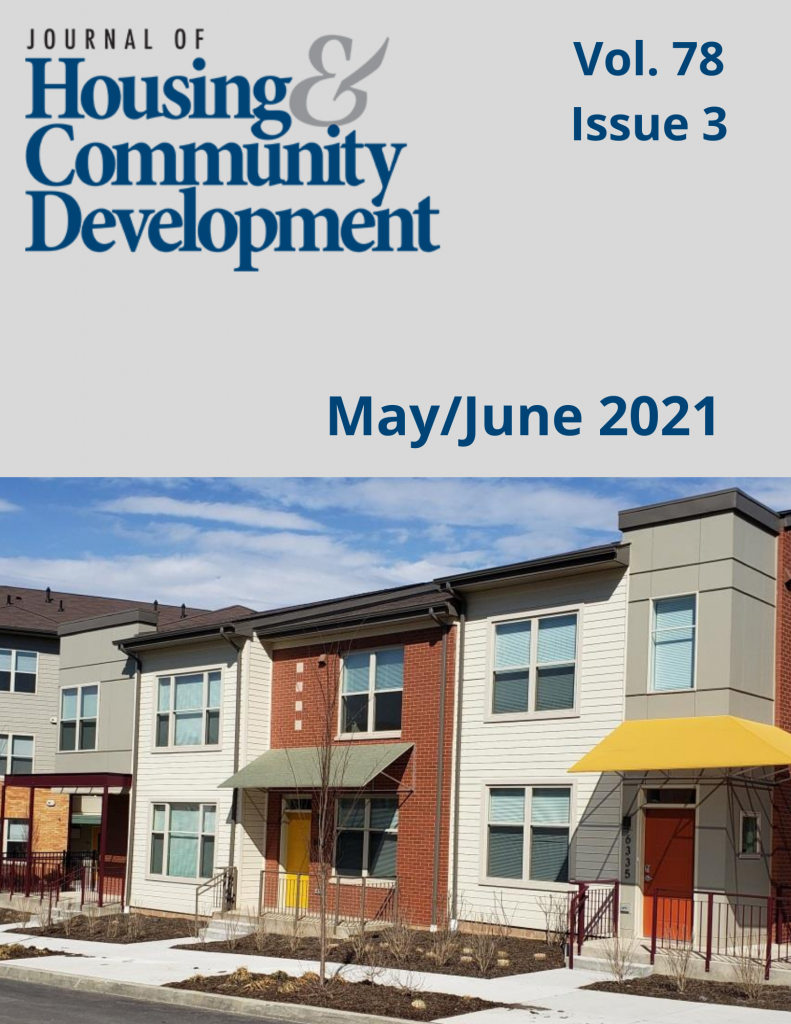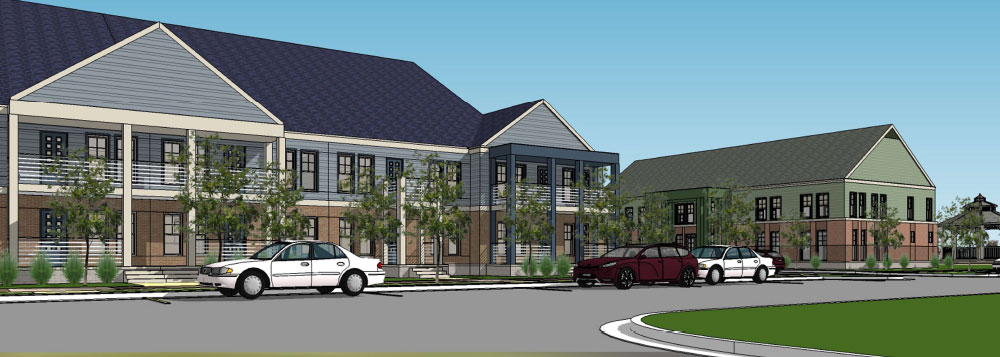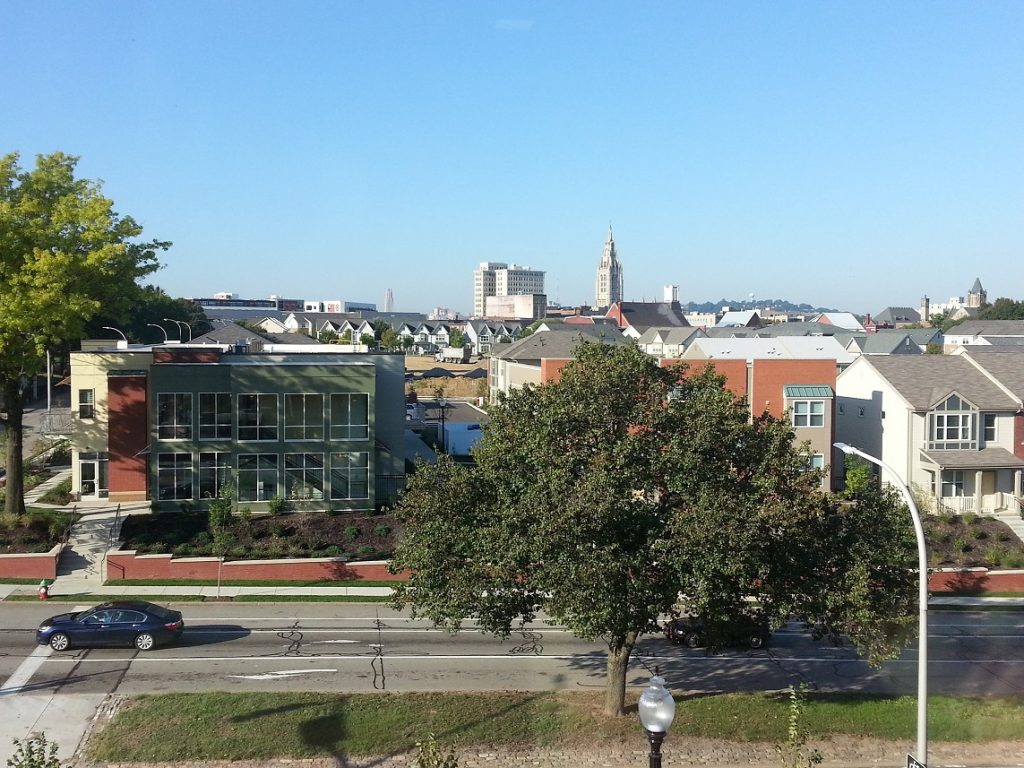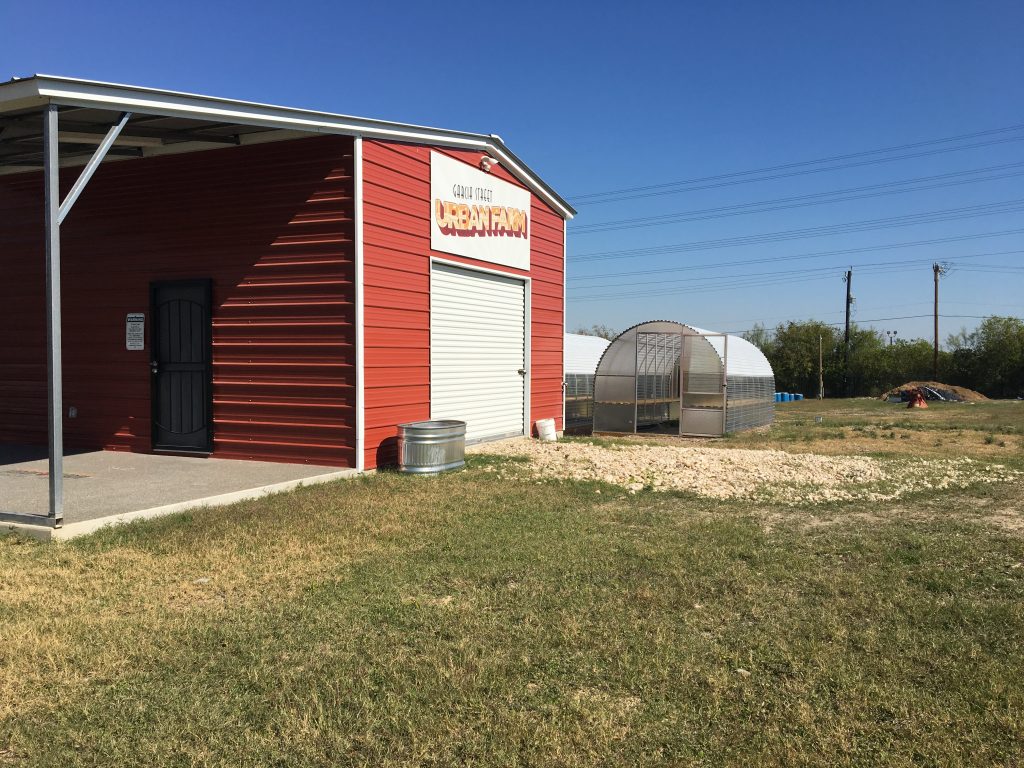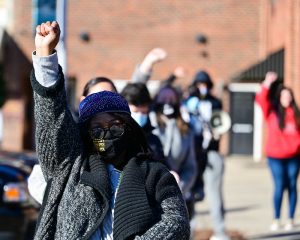Housing First is the Leading Model in Boise
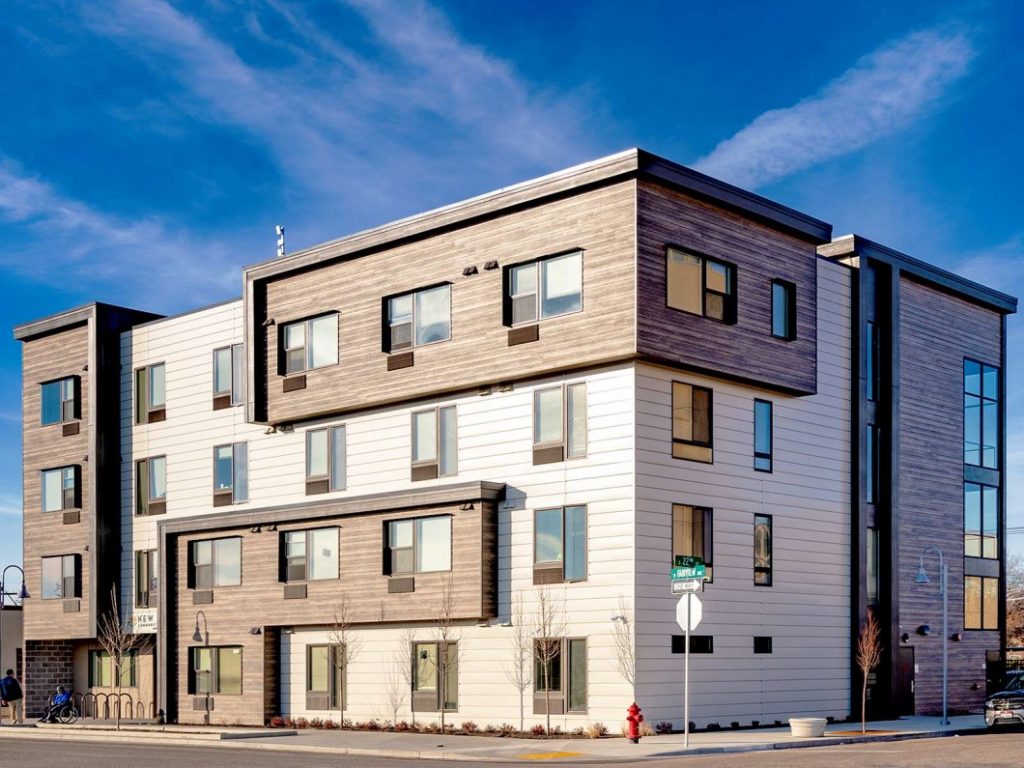
Boise City/Ada County Housing Authorities won a 2020 Award of Excellence for Affordable Housing for New Path Community Housing Partnership, which offers critical housing and service needs for homeless people in Idaho. Nominated from among the National Association of Housing and Redevelopment Officials Award of Merit winners each year, the Awards of Excellence winners are chosen by national juries and honored at the annual National Conference and Exhibition in November. They represent the very best in innovative programs in assisted housing and community development.
With an increase in population, the city and surrounding county of Boise have reported an increase in the number of people experiencing homelessness. More than 40 percent of the state’s homeless population resides in Boise, so the Boise City/Ada County Housing Authorities (BC/ACHA) sought opportunities to create safe, permanent housing for individuals experiencing homelessness and provide the services needed to keep them housed long-term.
BC/ACHA launched New Path Community Housing Partnership, an ambitious collaboration with local government, businesses, nonprofits, and healthcare providers to address the needs for residents. The development consists of 40 single-bedroom units for people experiencing chronic homelessness and provides them wrap-around services such as medical care, counseling, and access to a housing specialist. BC/ACHA’s community partners donated nearly $7 million was donated for the project’s development and are providing more than $750,000 annually for rental assistance.
New Path Community Housing Partnership is Idaho’s first permanent supportive housing project to follow a “housing first” model, which places emphasis on first securing housing for a person before beginning to address other immediate needs to get out of homelessness. “Prior to New Path, there had not been any projects that designated a specific property for people who were homeless,” BC/ACHA Executive Director Deanna Watson said.
Watson, who’s been BC/ACHA’s leader for more than 20 years, said during her tenure she’s seen a variety of programs geared toward trying to end homelessness. “I’ve seen what works and what doesn’t,” she said.
“Before the thinking was wanting to have a homeless person first reach stability and then work on getting housing,” Watson said. “Now that thinking has changed whereas the first step is to get that person into housing.”
BC/ACHA’s role in the program is providing all the residents with housing vouchers to not only reside at the New Path facility and also helping them if they need further assistance when they are able to leave and find their next home.
“We work in concert with case managers,” Watson said. “We take an educational approach to teach people how to live in a housing setting. If we see a violation of their lease, we work with the team to try and find a way to help the person succeed.”
In just a brief period, New Path has reduced Boise’s chronic homelessness count by approximately 20 percent. The project has also provided a framework that can be replicated to serve other vulnerable populations, such as homeless veterans.
“I would say the people we’ve been able to provide the most help to are people who’ve been homeless for a long period of time,” Watson said. “We’re helping people that would have been struggling for the rest of their lives.”
Walking in the downtown core of Boise, it’s hard to tell that the New Path building is affordable housing for the homeless. It’s sleek, modern look fits in well with the commercial area. Watson said she hopes the community, including local elected officials, continue to see the value in the program.
“One of the challenges as providers is ensuring our elected officials understand that the costs are actually an investment. It’s what it really takes to help people get their life stable and move to the highest level of their lives,” Watson said. “If not, the costs are felt in the jails, the emergency rooms, and in the mobile crisis team visits.”
More Articles in this Issue
Posterity Heights Paves the Way for Housing Development in Fort Wayne
Fort Wayne Housing Authority (FWHA) won a 2020 Award of Excellence for Affordable Housing for Posterity Heights, an energy-efficient housing…Revitalizing Larimer
The Housing Authority of the City of Pittsburgh won a 2020 Award of Excellence in Community…Growing Farm-Fresh Food in San Antonio
The San Antonio Housing Authority won a 2020 Award of Excellence for Community Revitalization for starting an…Improving Racial Equity via Emergency Rental Assistance
Originally published in Shelterforce, the voice of community development. Long before the COVID-19 pandemic, Black, Latino,…Dr. Eva Rosen Discusses Voucher Promise
Dr. Eva Rosen, an assistant professor at Georgetown University’s McCourt School of Public Policy, joined NAHRO for…Equity and Well-Being in Affordable Housing: Starting with Voice and Choice
Previously published on the Stewards of Affordable Housing for the Future blog. The COVID-19 pandemic has made clear…
